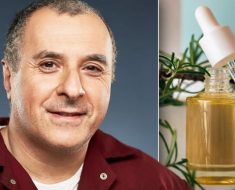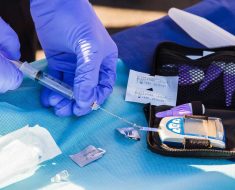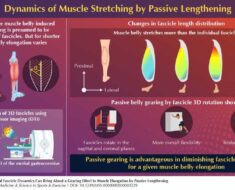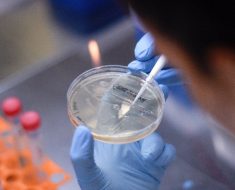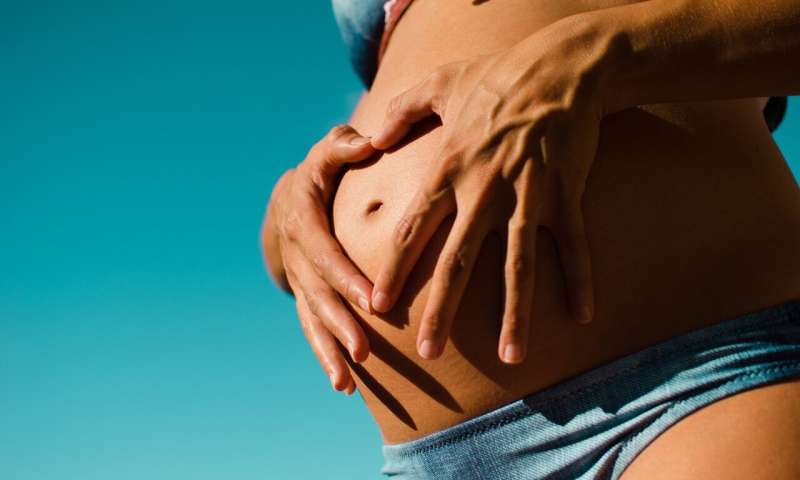
Researchers and artists from the Hunter Medical Research Institute (HMRI) and the University of Newcastle have collaborated to create a tool to help women who have experienced stillbirth.
Based on research conducted by Distinguished Laureate Professor, Roger Smith AM and his team from the Mothers and Babies Research Center at HMRI, the video seeks to address the feelings of guilt often experienced by mothers after stillbirth.
“With more than 2,100 pregnancies ending in stillbirth each year in Australia, the video is critical in helping mums understand that stillbirth is not their fault,” Professor Smith said.
The tool arrived following the discovery the team made in 2019, identifying that unexplained stillbirth is often the result of ‘aging of the placenta’. This aging process is complex and not affected by the behavior of the mother.
“What many people don’t realize,” Professor Smith explains, “is that the placenta is an organ of the baby, not the mother. As such, the mother has very little, to no control over that organ. She can’t prevent the aging from happening.”
The video, ‘We are all born of the stars,’ and accompanying article has been published in the prestigious American Journal of Obstetrics and Gynecology. It is a collaborative work between the Mothers and Babies Research Center, University of Newcastle artist Lee Dedman and composer David Banney.
https://youtube.com/watch?v=26iH16r25kY%3Fcolor%3Dwhite
While scientists generally work with journals to communicate research with doctors and other researchers, this video has been primarily created to communicate directly with the patients themselves. Delivering the outcomes of the research via music and rich imagery to attempt to cut through the complexity and reach grieving parents who may be suffering from guilt and associated depression.
Red Nose Australia is a leading authority on safer pregnancy advice and bereavement support for those people affected by the death of a baby or child. Red Nose CEO Keren Ludksi says this video is a valuable resource to help grieving mothers.
“Anger, shame, and guilt are emotions experienced by many parents who have experienced a stillbirth. Whilst these feelings are perfectly normal, they are challenging for parents to navigate,” Ms Ludski said.
“Having a resource that helps explain the function of the placenta and how its failure can cause a stillbirth will potentially help reduce that natural feeling of guilt.
Data from the US indicates that 83% of mothers who have experienced perinatal loss including stillbirth experience guilt, linked to depression. Experiencing a stillbirth also increases the risk of relationship breakdown by 40%.
The scientists at HMRI are continuing to develop blood tests to identify the presence of an aging placenta that will allow delivery of the baby before the baby dies.
The team are also working on drugs to help slow the aging of the placenta and hopefully prevent the stillbirth.
Source: Read Full Article

